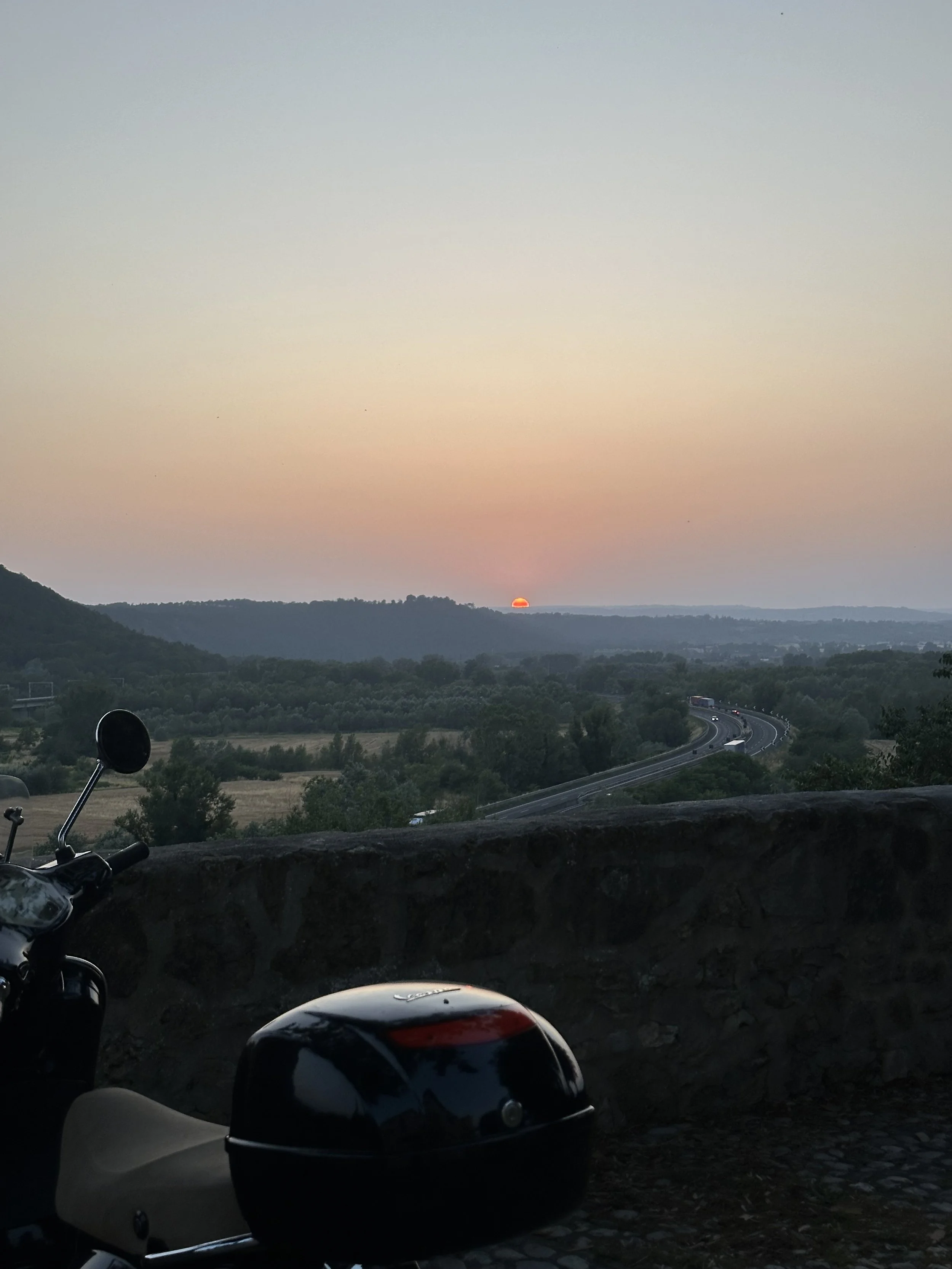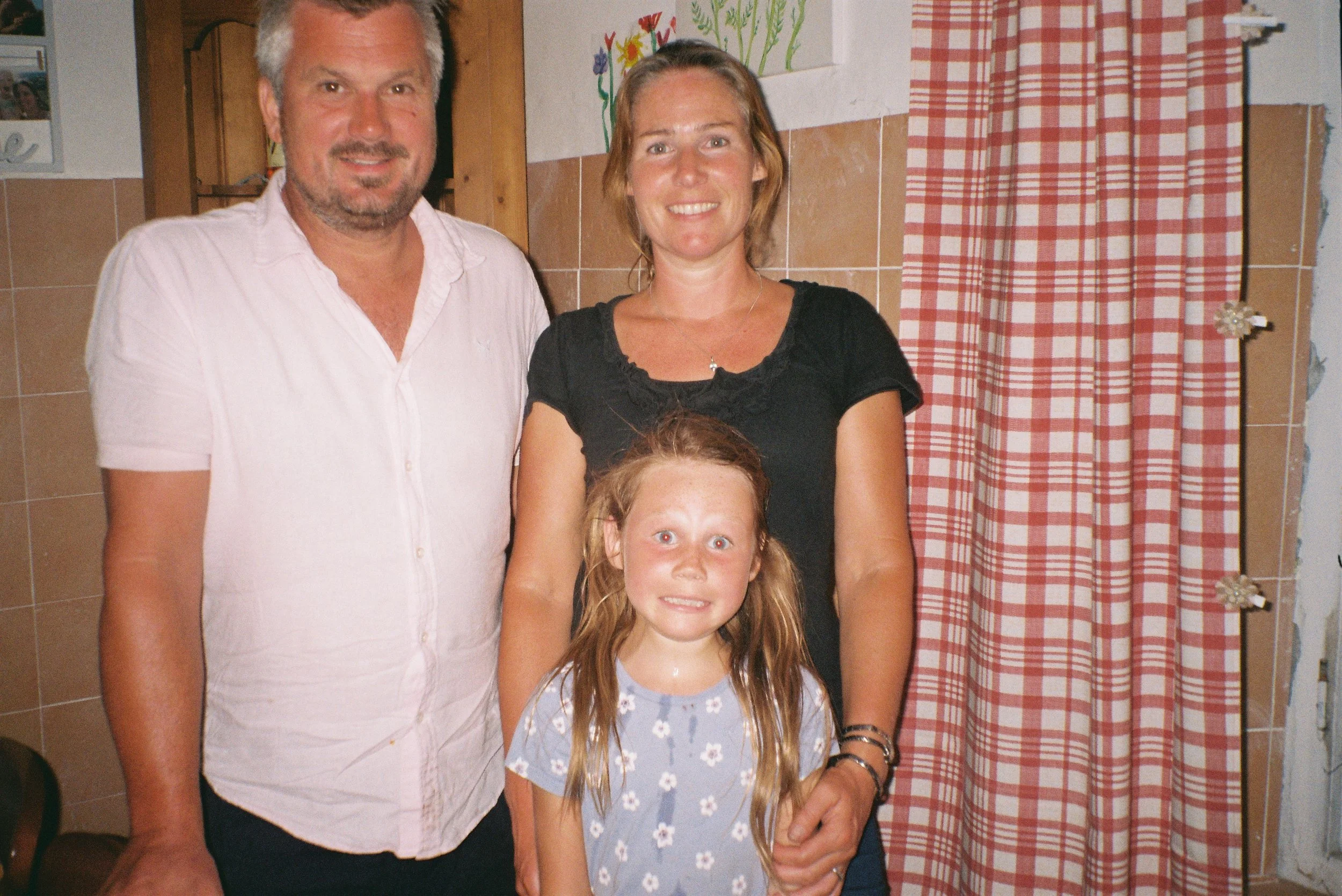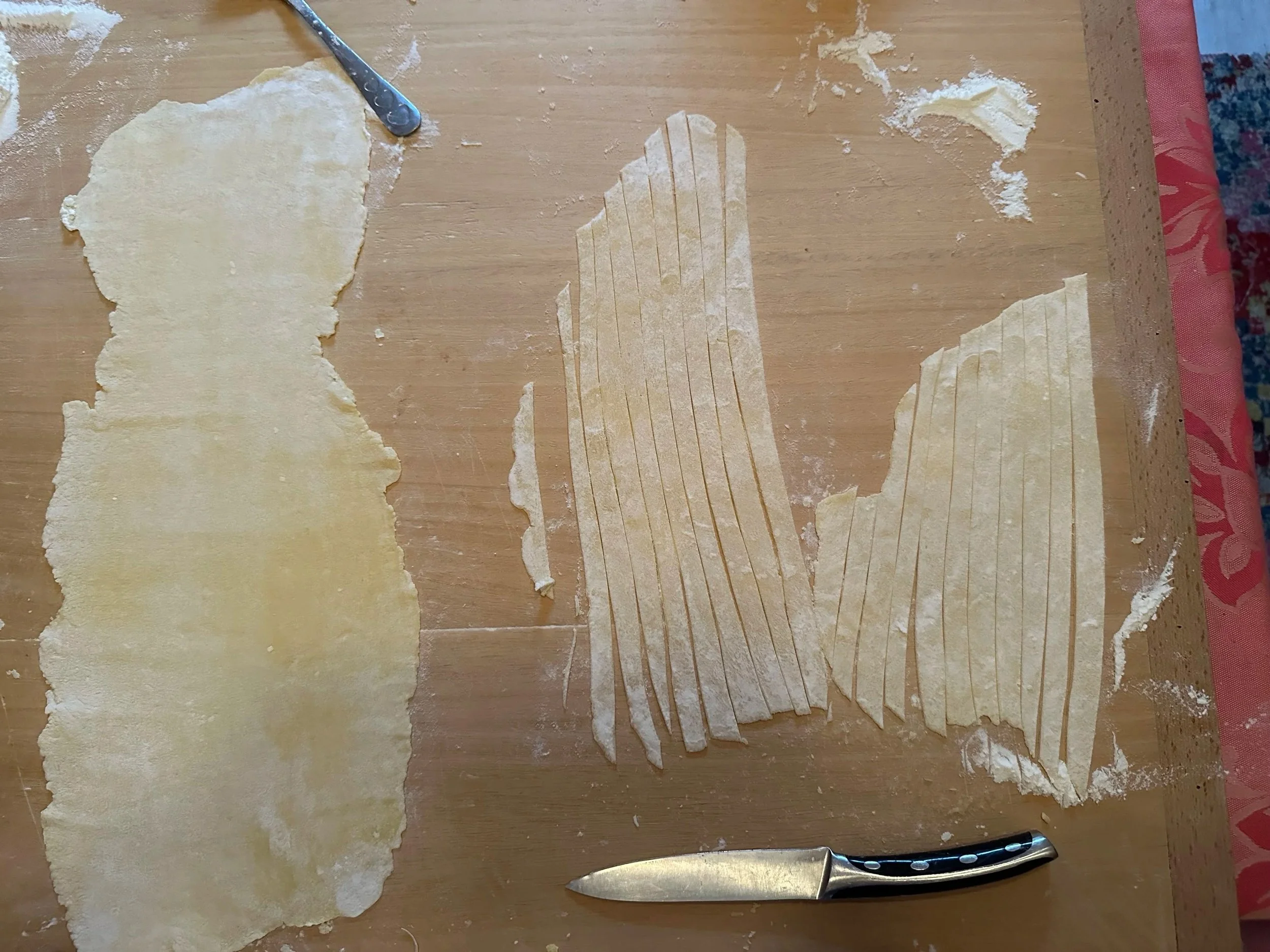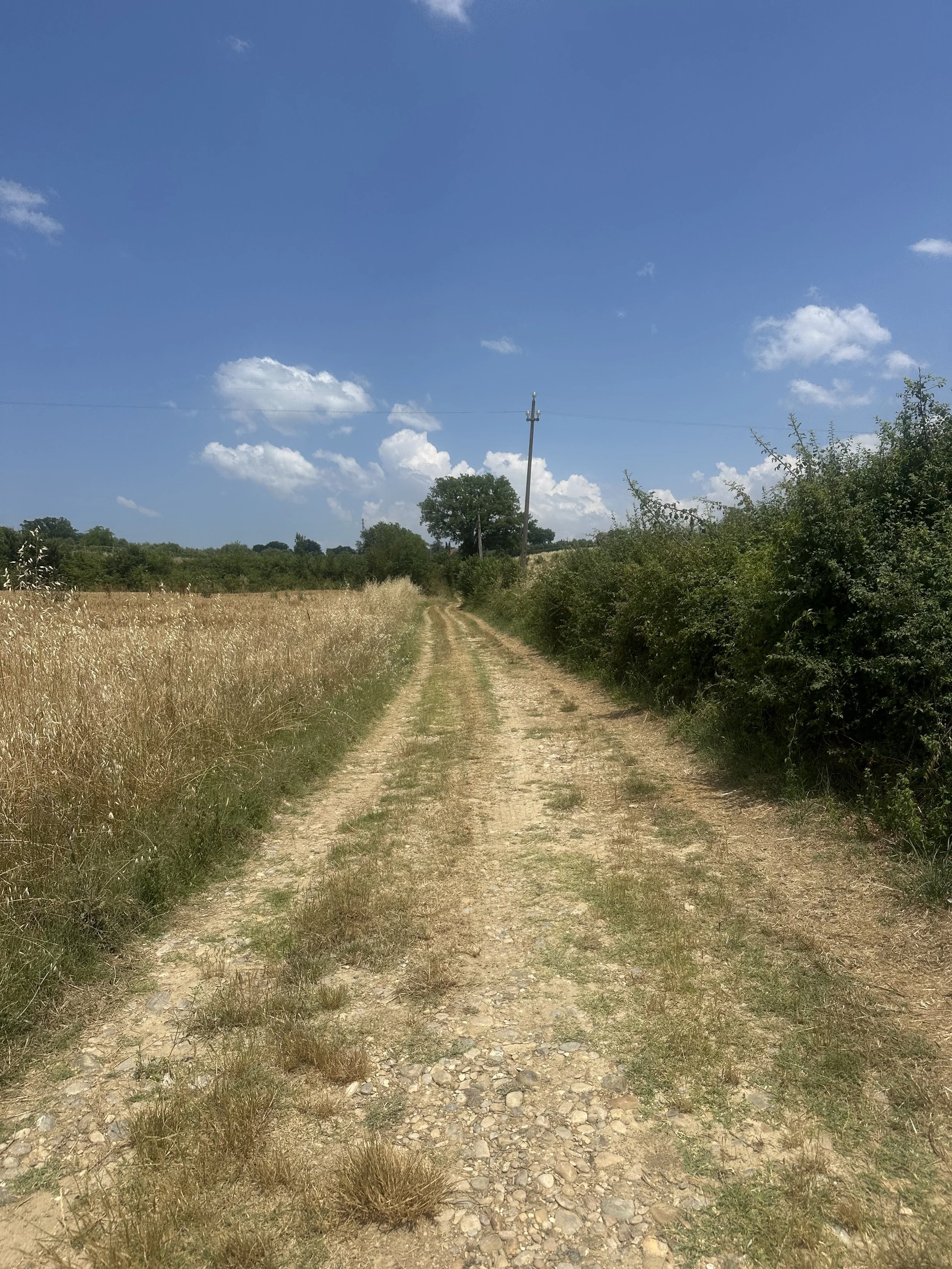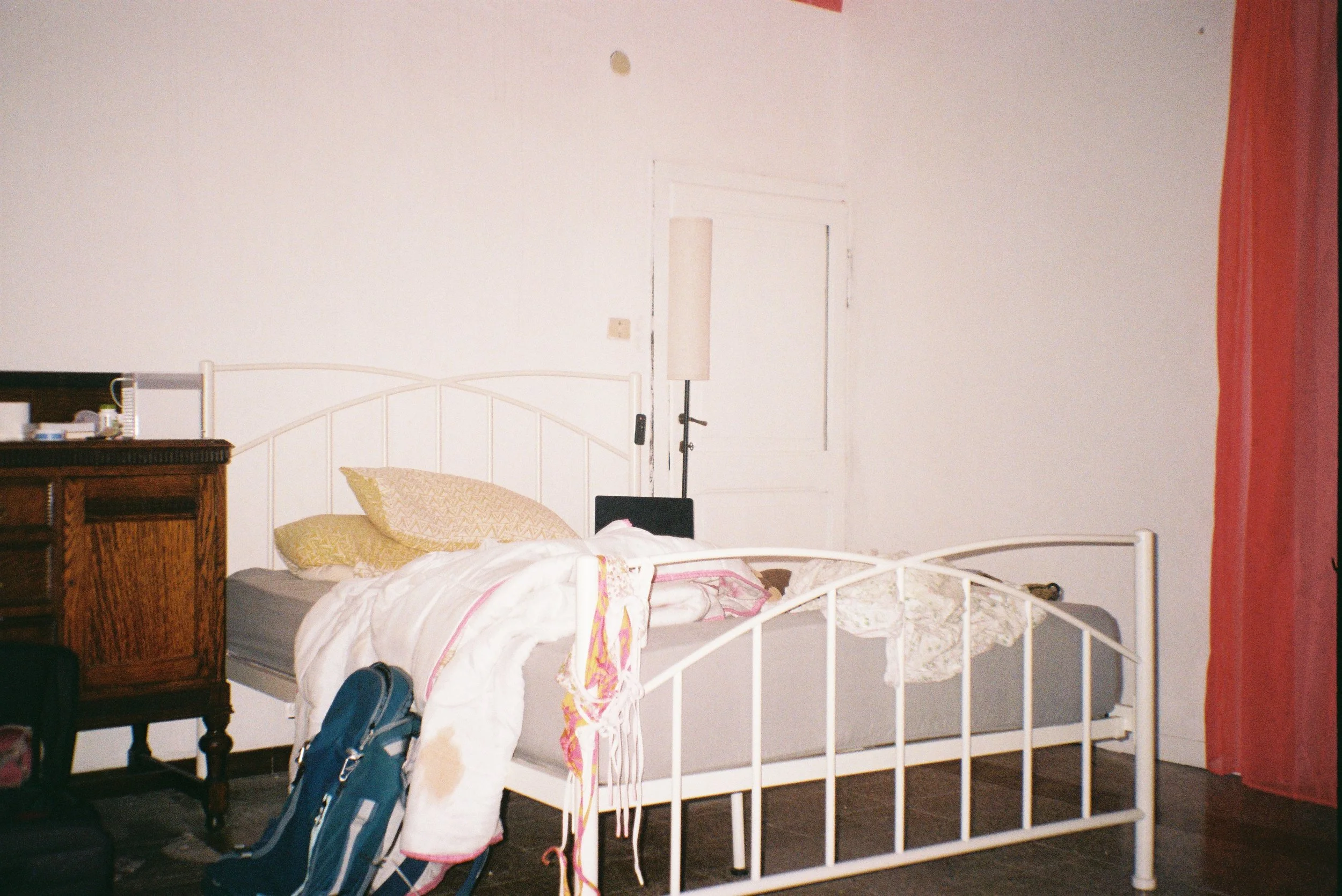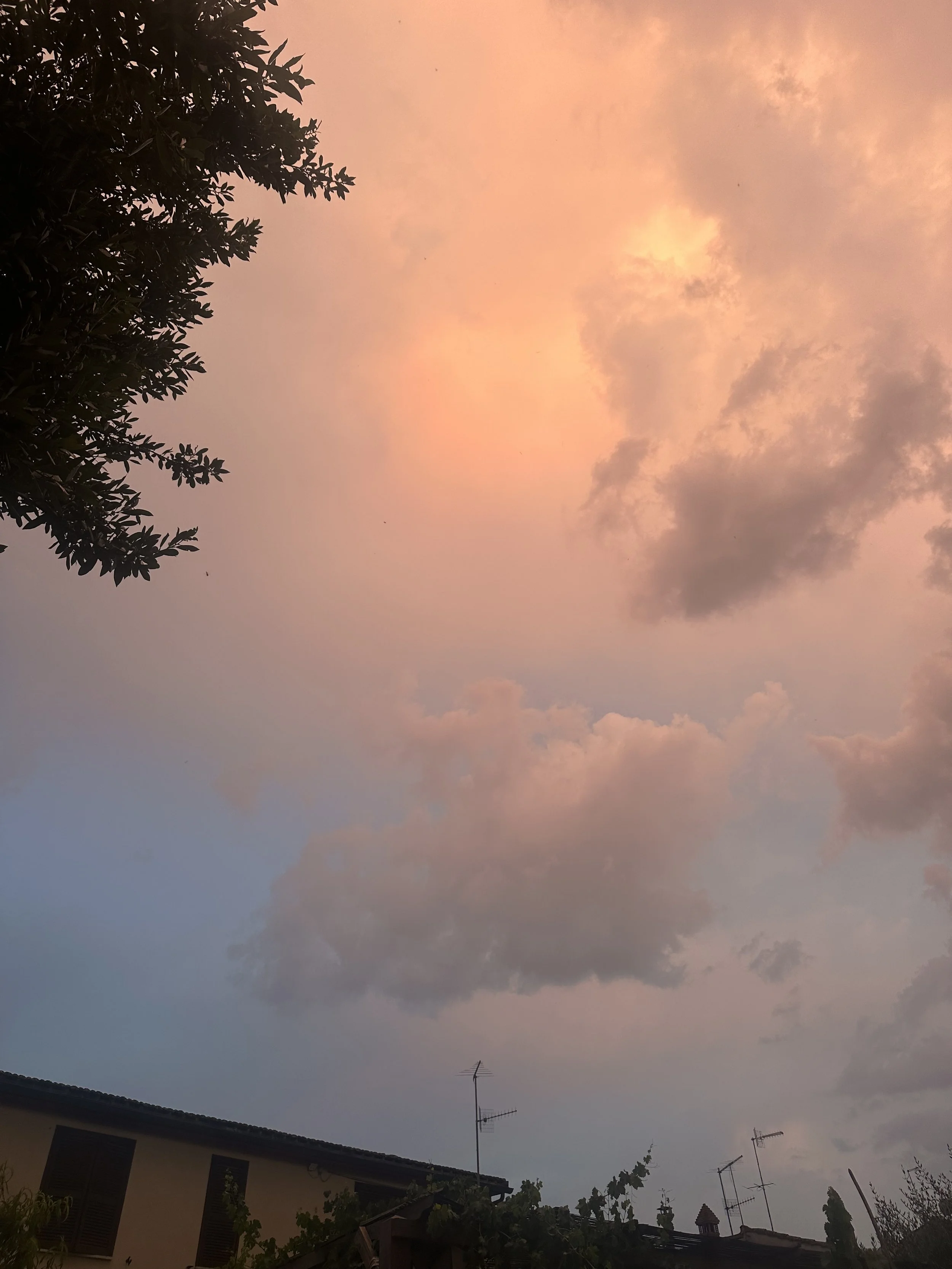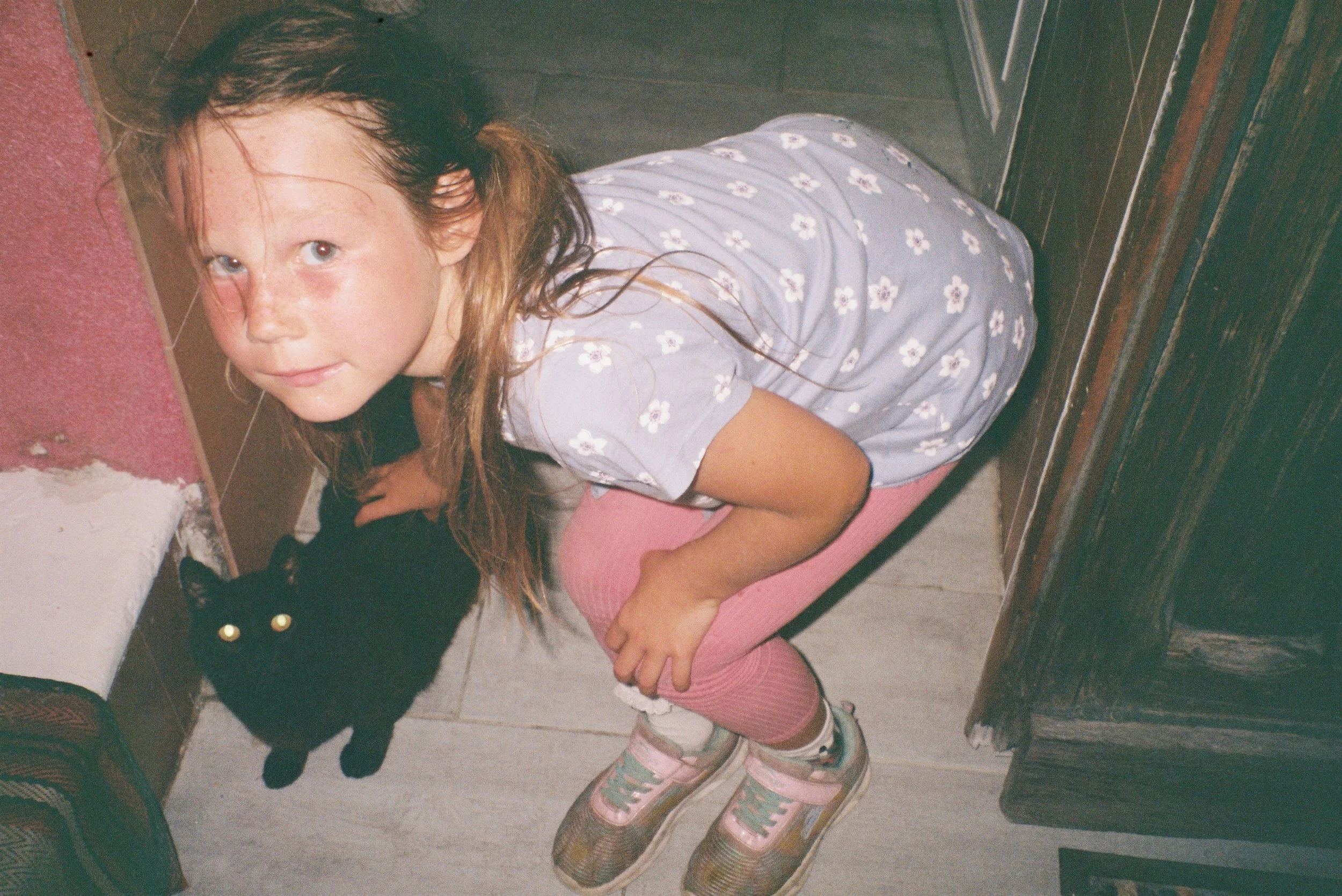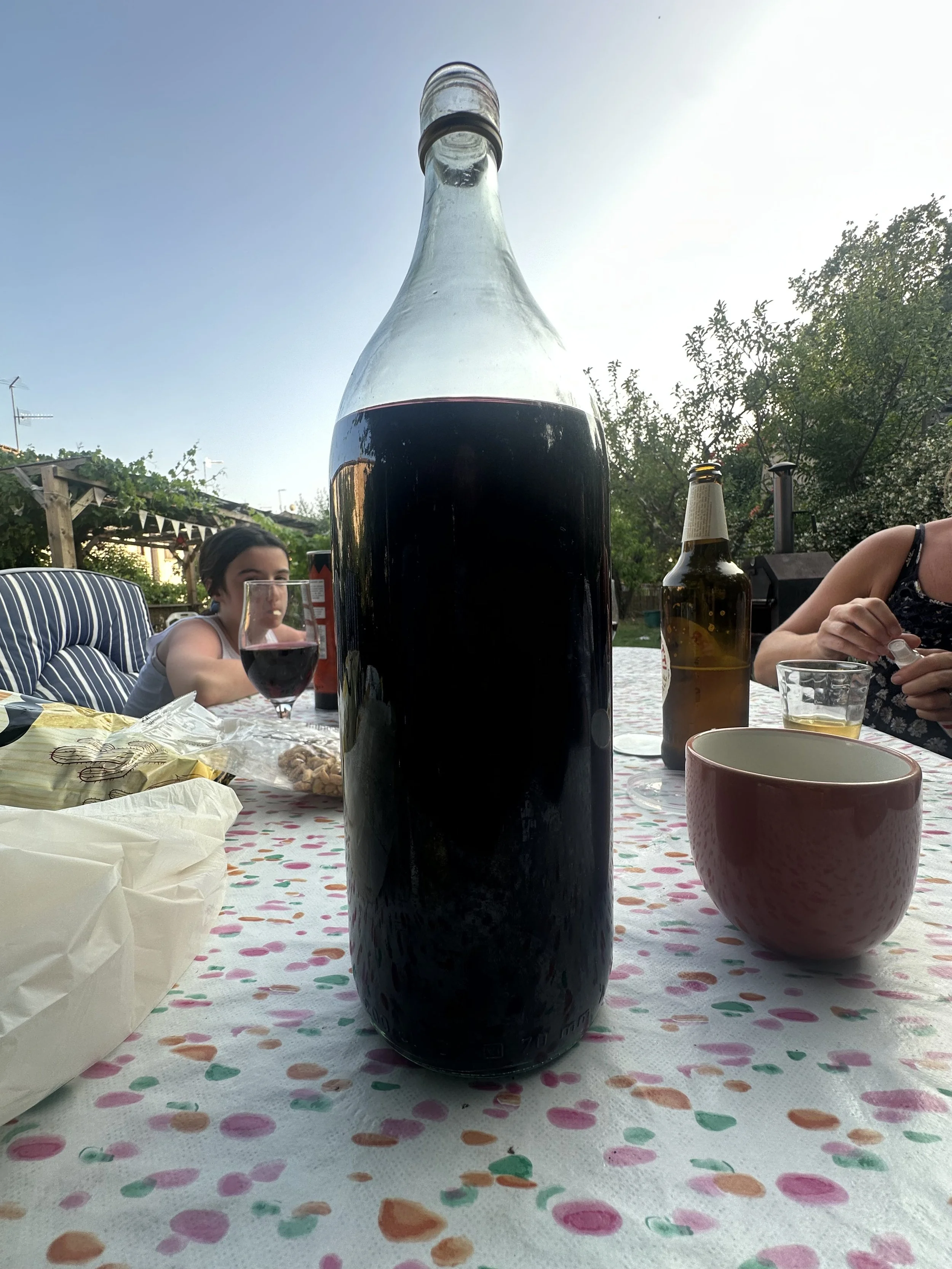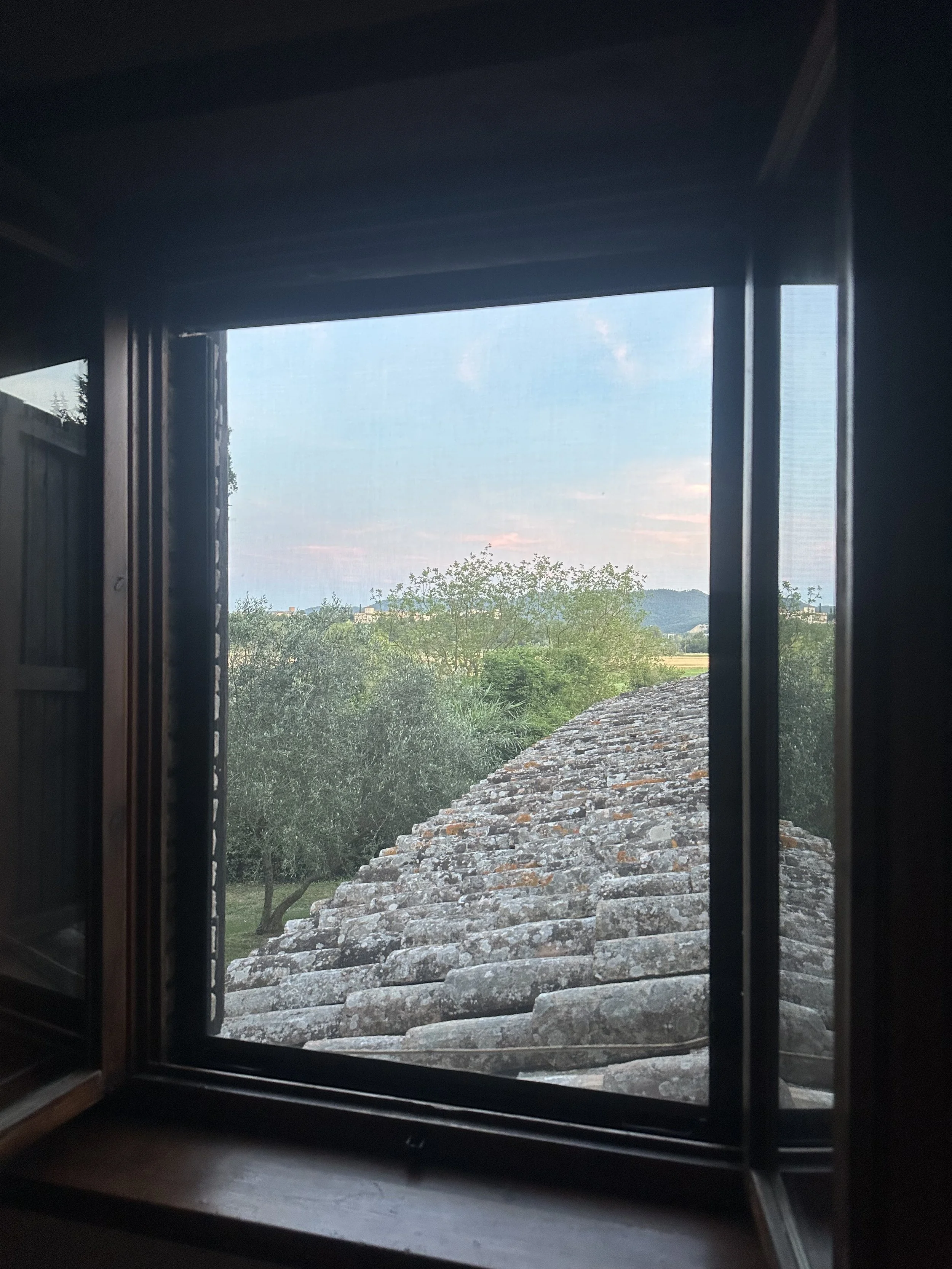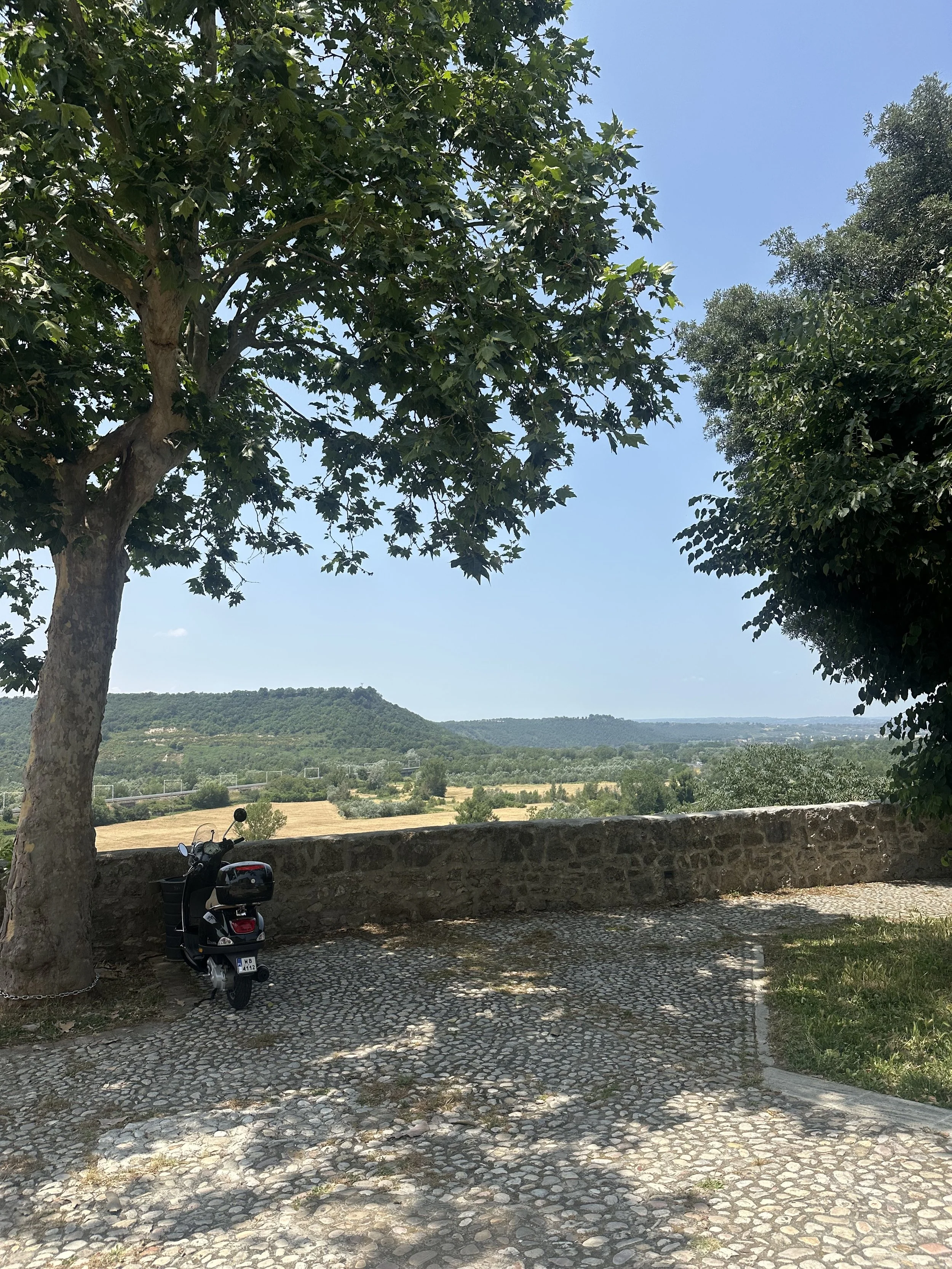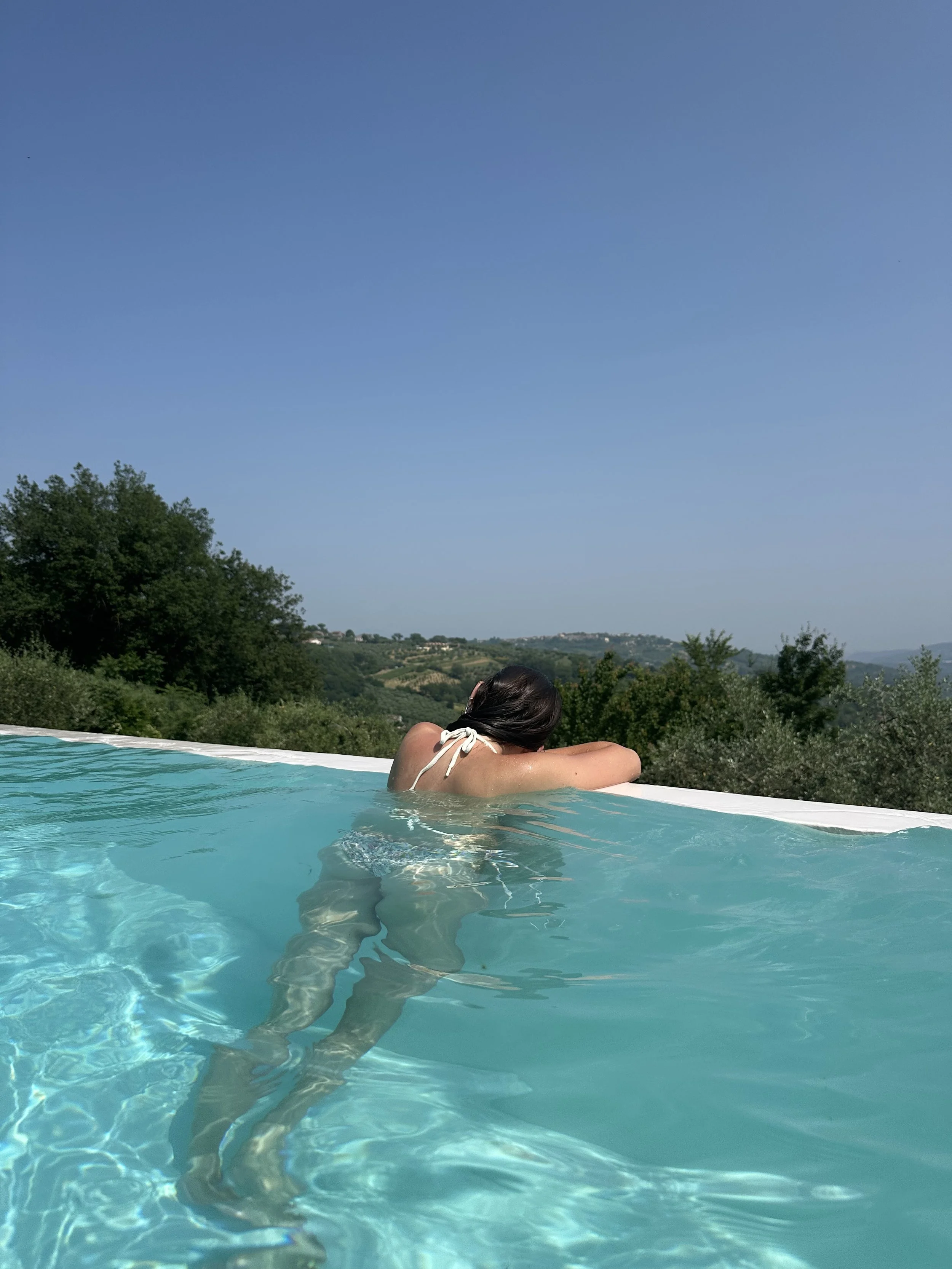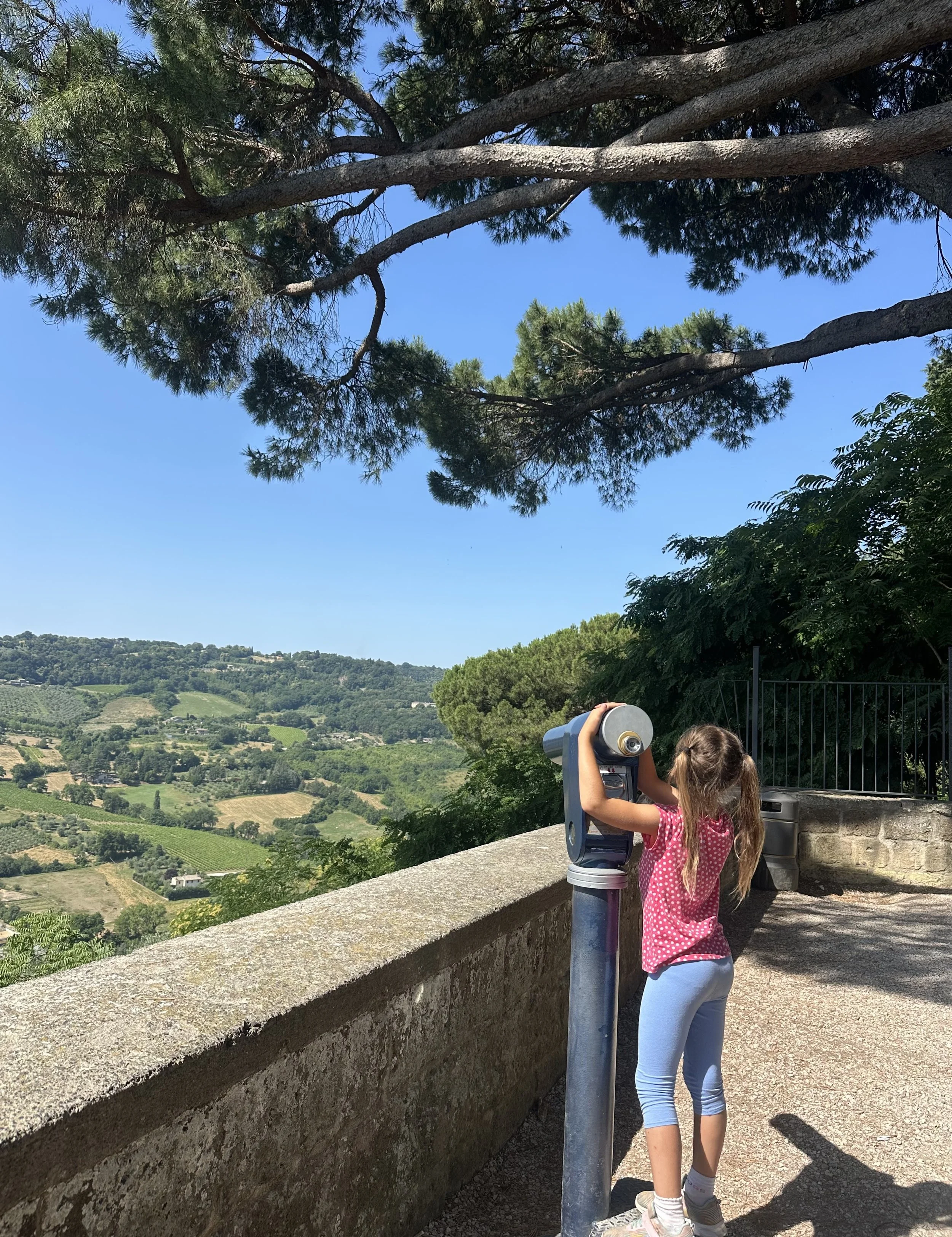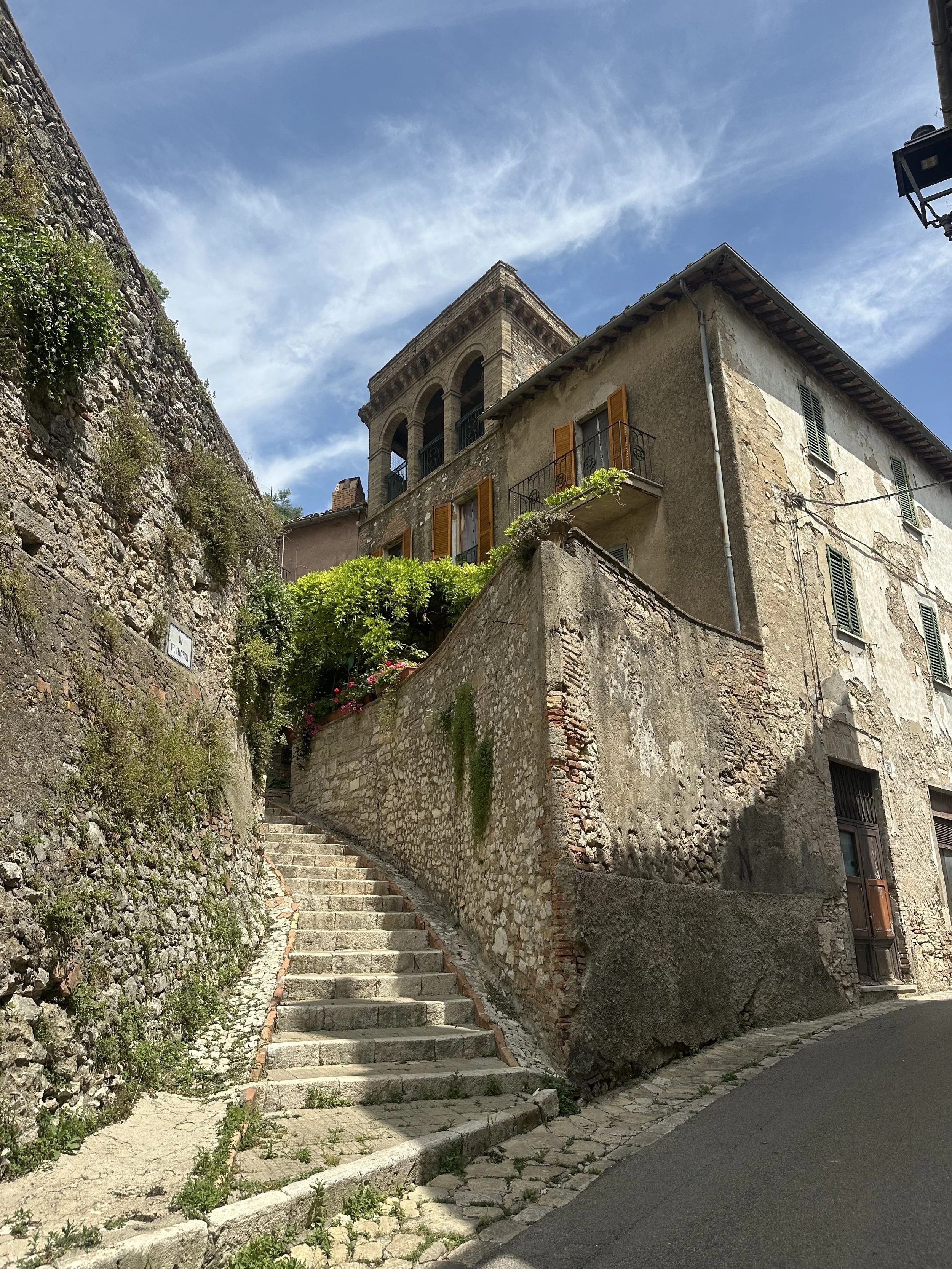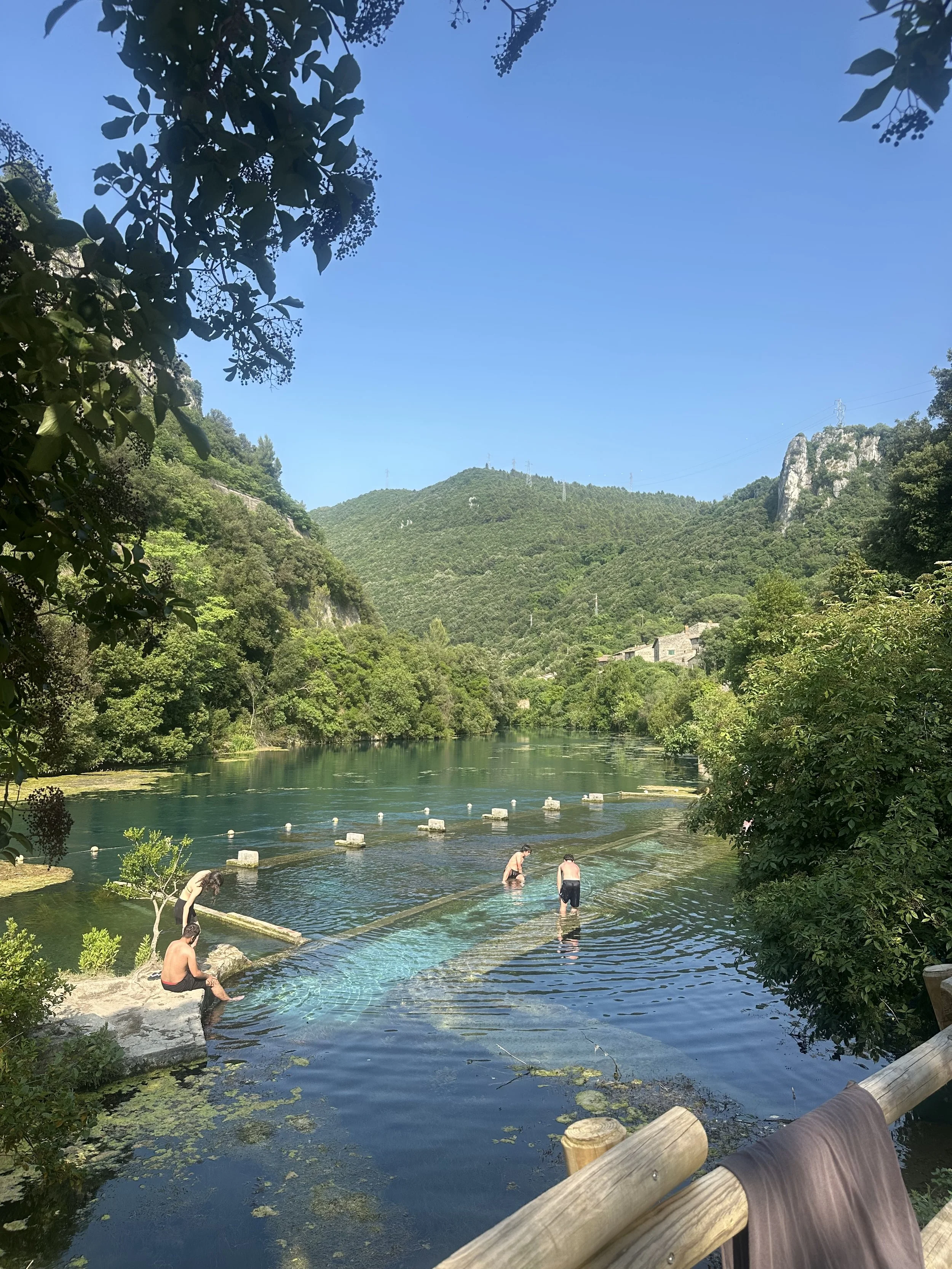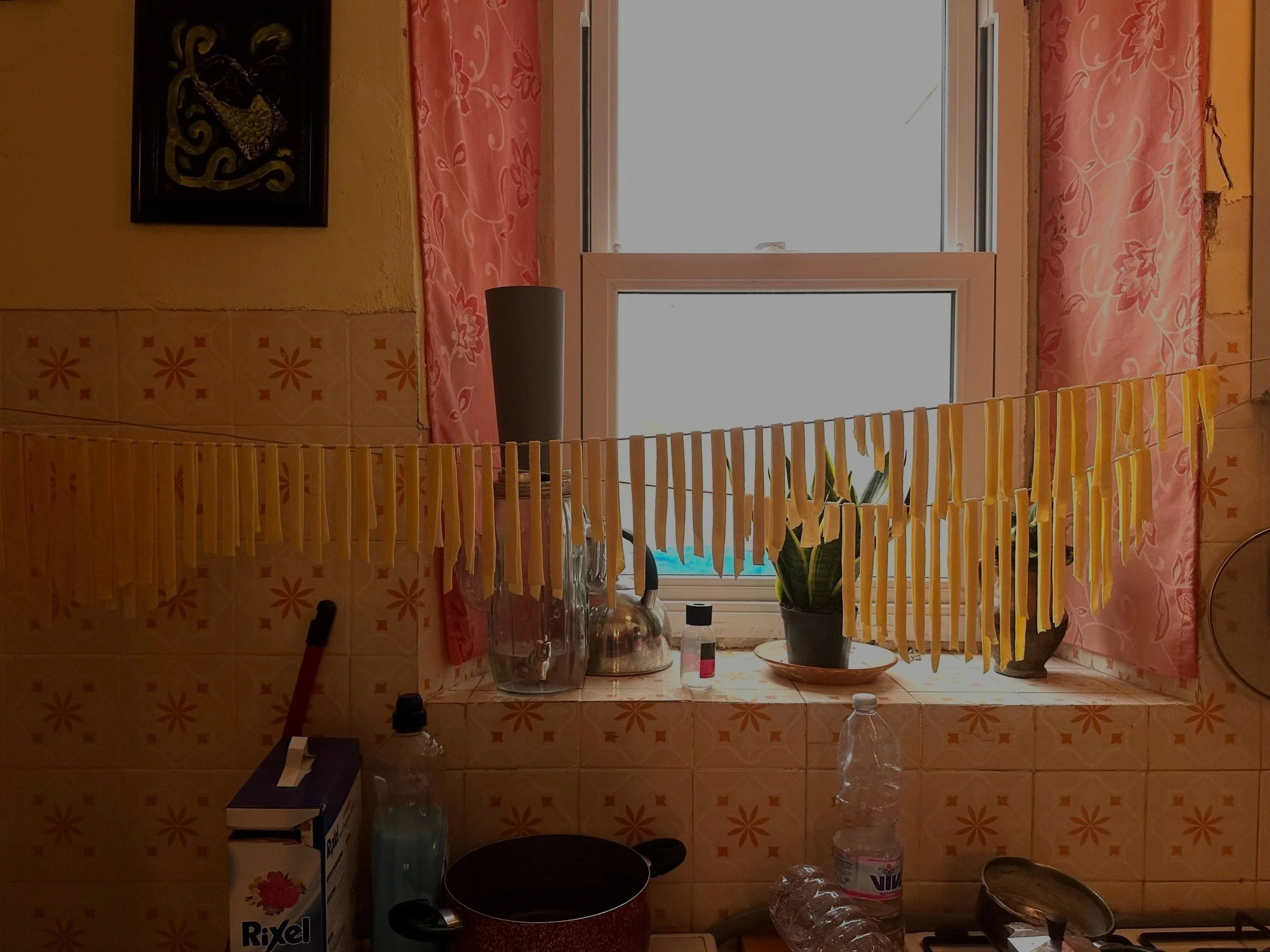
Attigliano
Hidden Within Umbria’s Vast Expanse
My journey begins in a small town in central Italy. This region, separating Tuscany and the south of Italy, is called Umbria. It’s mainly stretches of farmland, with olive gardens, vineyards, and Etruscan ruins scattered throughout the valleys. Life is very slow here, as the city rests quietly along the Tiber River, just far enough from the tourist paths of Florence and Rome.
Most of my time abroad I spent in a hidden Umbrian village called Attigliano. With fewer than 2,000 residents, it felt intimate in a way the larger cities never could. It’s rather modest compared to Umbria’s grand medieval hill cities, but it was the perfect taste of ordinary life, and the most unforgettably authentic experience of my life. In Attigliano, I was the only American, and the host family I stayed with made up the only other three English speakers. While isolating at first, I came to appreciate the newness of it all. Besides, it wasn’t new for long, as the grocery store and cafe owners quickly learned my name and embraced me in their community like I was one of their own.
But it wasn’t so sweet right from the beginning. I’m sure many of you close to me have heard this story, and although it’s rather obscene, I’ve tried to emphasize that it was only a minor part of my journey—a learning experience, if you will. To start, I had stumbled upon an online platform called WorkAway. It’s actually a super cool concept: it matches world travelers with homeowners looking for help with daily tasks and odd jobs. The interface is professional, the homeowners seem vetted (there’s even an option for reviews), and overall it looked like a fairly reliable resource for what I was trying to do. Back in March of 2025, I matched with a woman who seemed like a perfect fit. She owned a gorgeous farm villa, had one daughter, and described her family as being proficient in Spanish. We exchanged WhatsApp messages, phone calls, even FaceTimes. Everything seemed a-go.
Unfortunately, that wasn’t the case. She picked me up from the train station, and I quickly realized the language barrier was much greater than I’d anticipated. She didn’t seem very excited to have me, which was dispiriting after flying direct for 12 hours to stay in her home. When we arrived, she explained my daily chores: weeding the garden, watering in the evenings, feeding the dogs, cooking a meal or two. Reasonable enough, until I realized she had an extremely specific way of doing things and wasn’t receptive to clarifying questions. My grandfather has always said, “If something’s worth doing, it’s worth doing well.” So of course I asked a few questions—how much garlic to add, which plants needed extra water, which gates to watch so the dogs wouldn’t escape. Her frustration with my “incompetence” quickly became very anxiety-inducing. Still, I went to bed hopeful, convincing myself I was just being soft. The next morning, she told me she wasn’t sure if our arrangement would work because, and this is verbatim, “the work we do here is hard work.” That remark stung. First, because the entire reason I was in Italy was through funding I had earned on my own merit at CMC. Second, she hadn’t given me a chance to show her I did know how to work hard. And third, I had planned to stay for four weeks—it was supposed to be my home base for traveling in and out of Rome. I didn’t have money for other accommodations, and who would take me in if she decided I wasn’t “cut out” for the job? My mind was spinning, and I had been in Italy for barely 36 hours. And then came the diet, and this is where things get weird. For some reason, she had us on a raw-food “organ cleanse,” so for a week, I ate nothing but salad and the occasional pasta. My only protein was a piece of chicken I asked her to pick up on the fourth night. Since we lived on the outskirts of town, a mile from the nearest store, I couldn’t easily get food myself. Between the diet and the jet lag, I was completely exhausted.
A few days in, though, she introduced me to her English friends. They had flown in the same day as me, and I think she sensed I needed some familiarity. They ended up changing my life. I can’t explain the relief I felt when Laura, the mother, shook my hand, looked at me with kind blue eyes, and said, “Oh, well, we speak English too.” I literally almost cried. For the first time since arriving, I felt validated for the bravery it took to travel across the world to immerse myself in a new language and culture. Solo travel means embracing uncertainty, but I’ll be honest—I wasn’t doing well, and I was starting to have serious second thoughts. Before I left that night, Laura pulled me aside and said if I ever needed a place to stay or “get away,” their door was always open. That evening, while cutting carrots for yet another salad, my host mother made some crack that, as an American girl, I had “never done anything for myself” because my parents paid for everything. That was the breaking point. I had tried so hard to be kind, only to be met with hostility. The next morning, I called Laura, told her everything, and she picked me up within 30 minutes. I packed my things, thanked my host for her time, and left. She wished me a “good life,” and that was that.
I’ve reflected a lot on this experience. The perception of American privilege is, in many ways, rational. Americans have access to things that others consider luxuries, yet many of us are still discontent. I understand how my host could make that generalization about me. It wasn’t fair, but it made sense. Being a teenager from California traveling abroad on institutional funding is privilege. But privilege is a weird word. It doesn’t always mean money or experiences—it also means perspective, and I came to respect the different values of the people around me.
The family I ended up spending the next three weeks with were those very English friends: Laura, her husband Robert, and their daughter Isabella. They live part-time in Umbria, splitting their months between construction jobs in England and their home in Attigliano. They knew the ins and outs of traveling the region, and I honestly don’t know how I would have managed without them. Between buses, trains, and the occasional time I got stranded at the Orte station, they were always there to scoop me up.
Although I spent many days exploring, every evening we shared dinner together. Laura is an excellent home cook, and it went beautifully with red wine from the neighboring town of Lugnano and Robert’s perfectly crisp bruschetta. Every night, it felt like a new neighbor would join us. They only spoke Italian, but my mix of Italian, Spanish, and English got me by (I think), and I know they appreciated my efforts. After dinner, we’d play cards, take turns playing a 70s song of our choice, and dance around the backyard under the moonlit sky. After that, our clan would parade down the street, Isabella pedaling ahead on her bicycle, on our nightly pilgrimage to gelato. So magical.
They had also bought a second abandoned property nearby that they were converting, much like their first home. The work was massive, but Laura and Robert are two of the most hardworking, determined people I’ve ever met. I helped here and there, but they never asked much of me. Truthfully, they saved me. And little Isabella brought light (and crazy) into my life each and every day.
I can’t even begin to express my gratitude, but I will cherish the nights forever.
P.S. The blog posts at the bottom of this page are short, I promise—just a few words and some photos from the neighboring villages I visited.
—
Robert(o), Laura, and Isabella
Cutting pasta…
Isabella and the neighborhood cat, “Gato”
…to be served with homemade wine.
…& my lovely pink bedroom
Thank you, Attigliano.
MS
